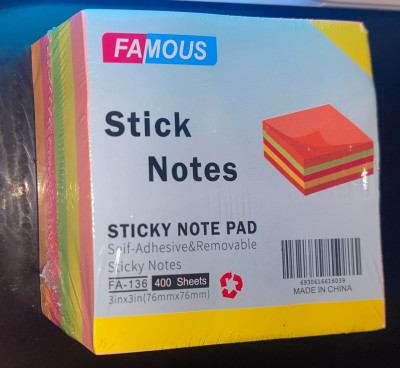
Introduction To OOPs Using C++ For MU Sem 2 F. Y. B.Sc. (Computer Science) Course Code :(USCS203) Academic Year 2022-2023 (Paperback, Prof. Santosh Kabir)
Price: Not Available
Currently Unavailable
Highlights
- Author: Prof. Santosh Kabir
- 210 Pages
- Language: English
- Publisher: Tech-Neo Publications
Description
Introduction to Programming Concepts : Object oriented programming paradigm, basic concepts of object oriented programming, benefits of object oriented programming, object oriented languages, applications of object oriented programming.
Tokens-keywords, identifiers, constants-integer, real, character and string constants, backslash constants, features of C++ and its basic structure, simple C++ program without class, compiling and running C++ program.
Data Types, Data Input Output and Operators: Basic data types, variables, rules for naming variables, programming constants, the type cast operator, implicit and explicit type casting, cout and cin statements, operators, precedence of operators.
Decision Making, Loops, Arrays and Strings: Conditional statements-if, if...else, switch loops- while, do...while, for, types of arrays and string and string manipulations
Unified Modeling Language (UML): Introduction to UML & class diagrams.
Classes, Abstraction & Encapsulation: Classes and objects, Dot Operator, data members, member functions, passing data to functions, scope and visibility of variables in function.
(Refer chapters 1, 2 and 3)
15
Constructors and Destructors : Default constructor, parameterized constructor, copy constructor, private constructor, destructors.
Working with objects : Accessor - mutator methods, static data and static function, access specifiers, array of objects.
Polymorphism - Binding-static binding & overloading, constructor overloading function overloading, operator overloading, overloading unary and binary operators.
Modelling Relationships in Class Diagrams : Association, Aggregation- Composition and examples covering these principles. (Refer chapters 4 and 5)
15
Inheritance : Defining base class and its derived class, access specifiers, types of inheritance-single, multiple, hierarchical, multilevel, hybrid inheritance, friend function and friend class, constructors in derived classes.
Modelling Relationships : Generalization-Specialization and examples covering these principles
Run time Polymorphism - Dynamic Binding, Function overriding, virtual function, pure virtual function, virtual base class, abstract class.
Pointers : Introduction to pointers, * and & operators, assigning addresses to pointer variables, accessing values using pointers, pointers to objects & this pointer, pointers to derived classes
File Handling : File Stream classes, opening and closing file-file opening modes, text file handling, binary file handling.
Applying OOP to solve real life applications : To cover case studies like library management, order management etc. to design classes covering all relationships.
(Refer chapters 6, 7 and 8)
15
Read More
Specifications
| Book |
|
| Author |
|
| Binding |
|
| Publishing Date |
|
| Publisher |
|
| Edition |
|
| Board |
|
| Exam |
|
| Standard |
|
| Number of Pages |
|
| Language |
|
| Subject |
|
| Age Group |
|
| Specialization |
|
| University |
|
| Genre |
|
| Book Subcategory |
|
| Degree/Diploma |
|
| Term/Year |
|
| Term/Semester |
|
| Author Info |
|
| University/Subject |
|
Be the first to ask about this product
Safe and Secure Payments.Easy returns.100% Authentic products.
Back to top




